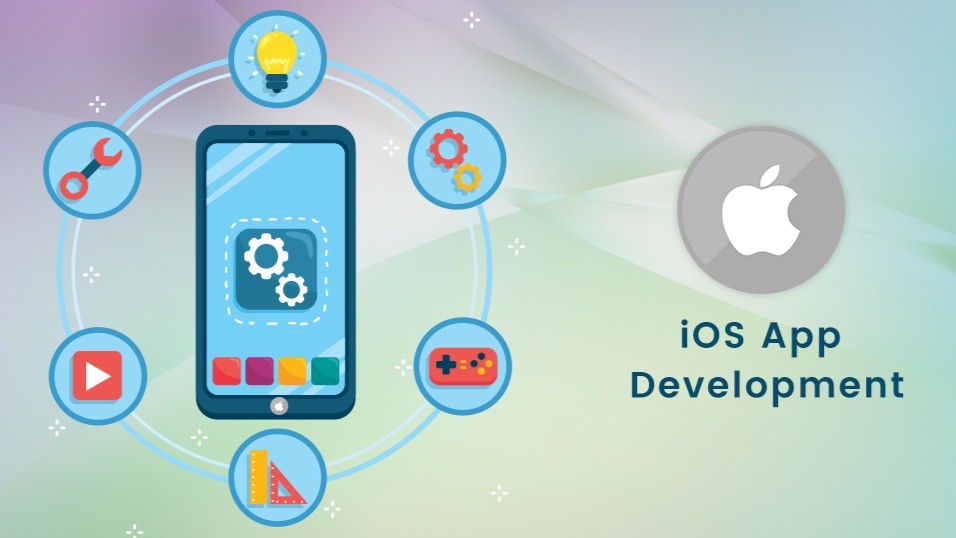Fantasy sports apps have transformed the way fans interact with sports, allowing users to build virtual teams, compete in leagues, and experience the thrill of being a part of their favorite sports. The global fantasy sports market has grown significantly in recent years, driven by the increasing demand for interactive and immersive experiences among sports enthusiasts. As this growth trend continues, fantasy sports app development is evolving rapidly. Let’s explore some of the key trends that are shaping the future of this dynamic industry.
1. Augmented Reality (AR) and Virtual Reality (VR) Integration
The integration of AR and VR in fantasy sports apps is expected to redefine user engagement. By incorporating AR, users can immerse themselves in a more interactive and lifelike gaming experience. Imagine being able to see your virtual team on the field, or even interact with other team managers in a VR-based fantasy league environment. AR and VR will enable fantasy sports apps to go beyond traditional experiences, offering users a unique way to experience the game.
2. Blockchain and Cryptocurrency for Secure Transactions
Blockchain technology and cryptocurrency are gaining traction in the fantasy sports industry. Blockchain can add a layer of transparency and security to transactions, especially for prize money and in-app purchases. Additionally, introducing cryptocurrency options could appeal to a broader audience by offering seamless and borderless payment methods. Fantasy sports platforms are beginning to explore blockchain-powered ecosystems, where users can own and trade digital assets like player cards and tokens.
3. AI and Machine Learning for Enhanced Predictions
Artificial intelligence (AI) and machine learning (ML) are becoming critical tools in fantasy sports app development, as they can analyze vast amounts of player statistics, historical data, and real-time performance insights. By leveraging AI, fantasy sports apps can offer users data-driven suggestions, player performance predictions, and game strategy insights. This level of personalized data analysis can help users make better decisions for their teams and improve their chances of success.
4. Personalized User Experience with Predictive Analytics
Predictive analytics, powered by AI, is helping fantasy sports apps provide a more customized experience for users. Based on historical behavior and interests, apps can suggest players, notify users of important match statistics, and offer personalized content. This trend is focused on creating a more engaging and user-specific experience, keeping users actively involved and boosting user retention.
5. Social and Community Features
Social interaction is a key driver of engagement in fantasy sports. To capitalize on this, app developers are introducing social features such as chat forums, real-time game commentary, user groups, and sharing options for team updates on social media. By building a community aspect within the app, fantasy sports platforms can create a more engaging and collaborative experience for users, fostering a sense of camaraderie and competition.
6. Data Privacy and Compliance Enhancements
With the increasing focus on data privacy and regulatory compliance, fantasy sports app developers are putting more emphasis on secure data handling and compliance with regulations such as the General Data Protection Regulation (GDPR). User data protection and transparency will be essential as fantasy sports apps gain more traction. Enhanced security features, including biometric logins and two-factor authentication, are likely to become standard as users seek greater control over their personal information.
7. Real-Time Analytics and In-Game Insights
As fans demand more real-time data, fantasy sports apps are introducing in-game insights and analytics. By providing real-time player statistics, injury updates, and other relevant information, apps can offer users a more immersive experience. This also benefits serious fantasy sports players, who rely on up-to-the-minute data to make strategic decisions for their virtual teams.
8. Multi-Sport and Cross-League Integration
To cater to a wider audience, fantasy sports platforms are expanding their offerings beyond a single sport. Multi-sport apps allow users to create fantasy teams across different sports leagues such as football, basketball, cricket, and more. This cross-league integration encourages users to stay on the platform year-round and offers a more diverse experience, which can attract sports fans with multiple interests.
9. Gamification and Rewards
Gamification is emerging as a popular trend in fantasy sports app development. By integrating features such as rewards, levels, badges, and daily challenges, fantasy sports apps can improve user engagement and encourage daily activity. This approach not only boosts retention but also provides an incentive for users to invest more time and money within the app, helping platforms increase revenue through in-app purchases and advertisements.
10. Enhanced User Engagement through Video Streaming
With live streaming integration, fantasy sports apps can increase user engagement by allowing users to watch real-time matches within the app. By providing streaming options, apps can offer a more comprehensive experience where users can track their fantasy team’s performance while watching the game unfold live. This feature has the potential to keep users engaged for longer periods and enhances the overall value of the app.
Conclusion
The future of fantasy sports app development is set to be driven by innovations that enhance user engagement, security, and personalization. As AR, VR, AI, blockchain, and social integration become more prominent, the fantasy sports industry will continue to grow and offer more sophisticated and immersive experiences. Developers who prioritize these trends will be well-positioned to capture the interest of sports enthusiasts around the globe. Investing in custom fantasy sports app development that incorporates these emerging trends can give companies a competitive edge in this rapidly evolving market.


